The news bulletin scrolled across the bottom of my TV
screen. In recent decades, I had become inured to such scrolls. When I was
growing up, the phrase “News Bulletin” scrolling across one’s television set
was a riveting signal. Housewives stopped ironing, shoppers congregated around
display TV sets in department stores, and hearts skipped a beat, as a nation
waited in anticipation to learn if a president had been shot, war was about to
be declared, or a NASA launch had ended in tragedy. Today, the trivialization
of newsworthiness in the public consciousness has led to news bulletins to
alert us of inconsequential developments in ongoing made-for-TV dramas like the
Casey Anthony or George Zimmerman trials, or details of the latest arrest of
Lindsay Lohan or Paris Hilton. So I did not expect my heart to skip a beat, as
it did, when the scroll continued with the words “Mike Wallace has died.”
I had wanted to meet Mike Wallace for some time. The closest
I ever came was a brief encounter with Lesley Stahl, which really didn’t count
because at the time it would be another 14 years before she would join him on
his 60 Minutes news documentary program. I was covering then-candidate Jimmy Carter’s arrival in South Florida on a campaign stop and they had cordoned off
a section of the tarmac at a small airfield for members of the press. We were
all jammed into close quarters, like sardines in a tin, without segregation by
size, type, or prominence of the news organizations we represented. Sam Donaldson was there with an ABC News camera crew, a Miami Herald reporter was
chatting with some photographers, weighed down by clunky 35mm cameras with
intimidating lenses and camera bags that looked more like overnight luggage,
but my attention was drawn to a reporter in a safari style leisure suit and a
Jungle Jim hat. He was from a small shopper called The Hallandale Digest and my
brief conversation with him made me realize Hunter S. Thompson did not have a
monopoly on quirky, gonzo journalism. Lesley, however, exuded a palpable aura
of professionalism. She struck me as a tough, no-nonsense, professional. To
this day, I still recall the moment “Safari Sam” hit on her while were waiting
on the tarmac for Carter’s plane to arrive. I don’t recall the exacts words he
used, but I think it was along the lines of “hey, babe, why don’t we grab a
drink afterwards.” Lesley shot him a
glance that was more powerful, more excoriating, than any wordsmith could pen.
With naught but her intense countenance, she silently eviscerated the
braggadocio, whose bluster dissipated faster than air escaping a punctured
balloon.
Mike Wallace began his career as a radio announcer and game
show host, but honed his interviewing skills as the host of several talk shows in
the 1950s. Two of particular interest to me were the “Mike and Buff” show and
“All Around the Town,” both featuring Mike Wallace and his then-wife Buff
Cobb. Mike and Buff began as a radio
program called “Two Sleepy People” before moving to the nascent medium of
television. It was one of the first morning shows and one of the first to be
broadcast in color. Mike and Buff would debate a topic, interview experts, and
strive for a consensus before the last sponsor’s commercial. The second
program was an evening show in which they conducted live interviews from
various New York restaurants. Buff Cobb went on to be a panelist on the TV quiz show “Masquerade Party” for the next eight years. At some point during its
run, she and Wallace divorced.
I had wanted to meet Mike Wallace for some time, not because
I was a journalist or because of any admiration I had for him as a journalist.
No, I had wanted to meet the famed reporter because there was a subject about
which I longed to interview the man renowned for his decades-long career as an
interviewer. I’d have settled for being able to ask him a single question. He
probably wouldn’t have wanted to answer it, but then, those are the best kind
of interview questions.
Since genealogy is one of my hobbies, I would often turn to
my grandmother for tales of our family history. We haven’t had many writers in
our family, but several have become attached to our family tree through
marriage. My grandmother had an older cousin named Alton Brody, who married the
daughter of the famous newspaper editor, humorist, and author Irvin S. Cobb. I
once stopped in Cobb’s hometown of
Paducah, Kentucky and paid my respects at his grave. Elisabeth Cobb, also an
author, is buried next to her father. She had a daughter from a previous
marriage, before she wed my cousin Alton, named Patricia Chapman. Rather than
following in the family tradition of writing, Patricia chose to pursue a career
as an actress. Patricia settled on a stage name her mother Elisabeth had been known by... Buff Cobb.
I don’t know if Buff Cobb was a good actress; that was
before my time. But over the years, I hunted down what few photos I could find
of the now obscure actress. She was truly a captivating woman. I wanted to
learn more about her, but in the pre-Internet era, my research was limited to
Irvin Cobb’s biography and a photo-feature on Buff in the April 8, 1946 issue of Life magazine (why Life chose to put a giraffe instead on the cover and relegated
young starlet Buff’s swimsuit photos to the magazine’s interior remains a
mystery to me).
I’m sure one day in the not too distant future I’ll join
Mike Wallace in whatever newsroom awaits us writers in the afterlife, and I’ll
pin him down for that elusive interview and ask the question I never had the
opportunity to pose. I won’t ask him about the stories he covered, the
celebrities he interviewed, or his venerable career in my first chosen
profession. I’ll throw him a curve ball by asking the uncomfortable question
most men would chose not to address. “Mike,” I’d say, “tell me about your
ex-wife. What was Buff Cobb like?”


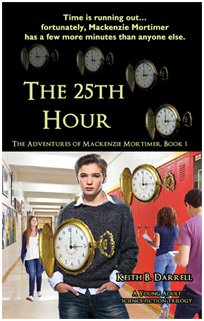
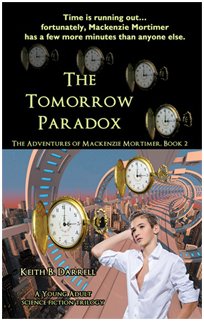
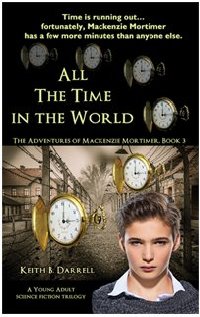
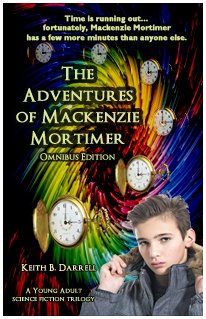
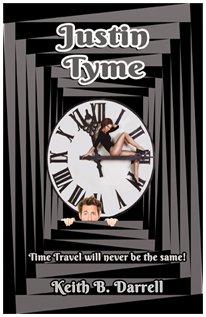
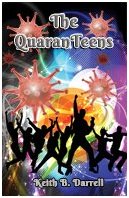
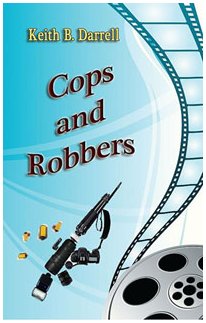
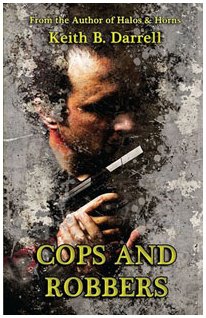

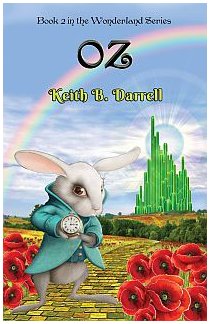
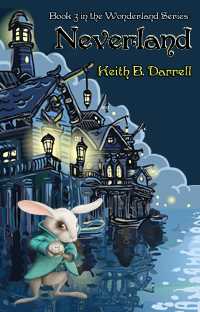
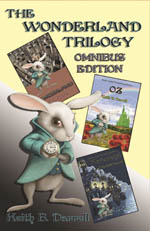
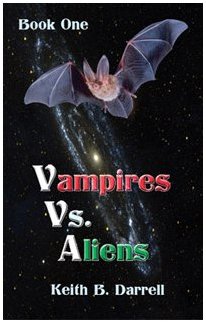
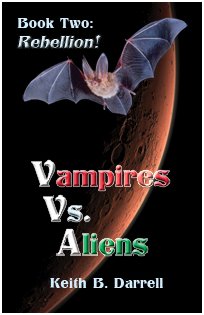
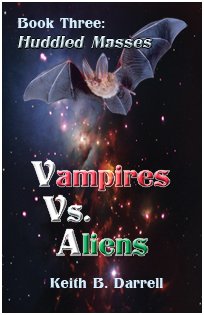
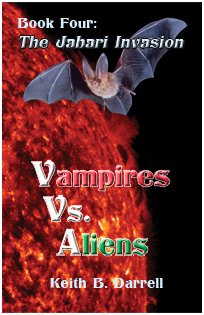
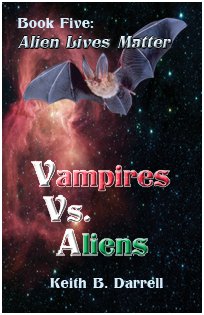
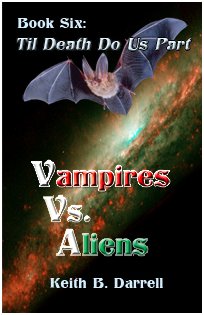
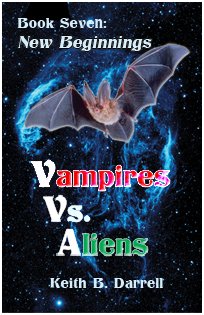
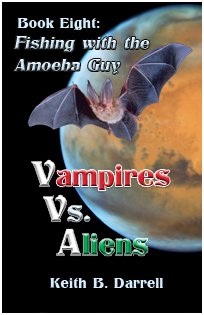
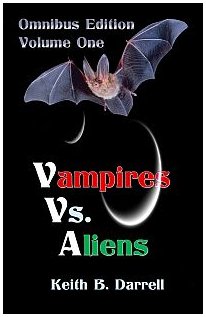
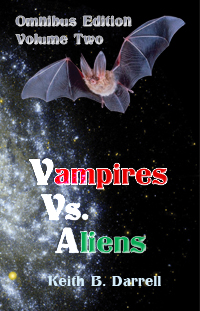
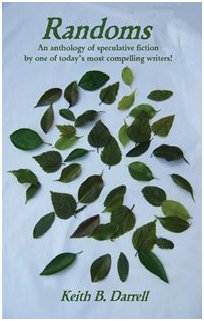
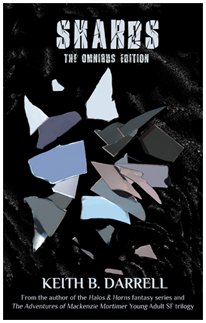
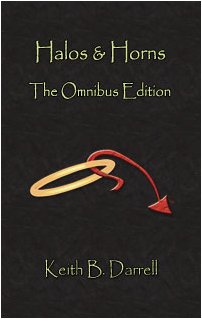
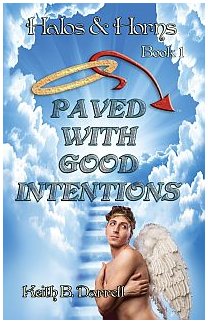
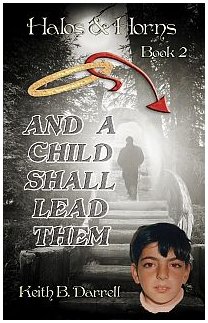
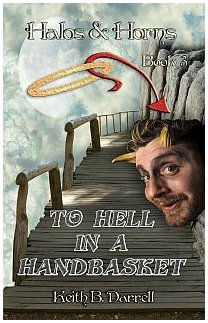
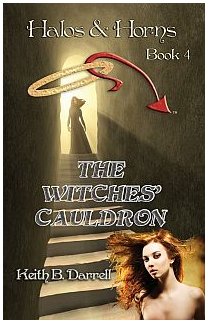
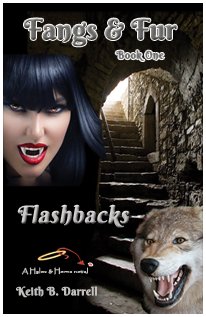
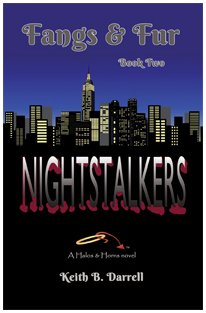
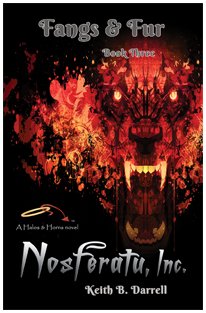


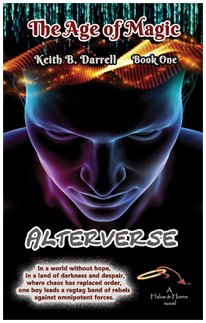
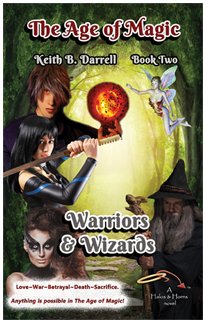
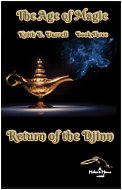

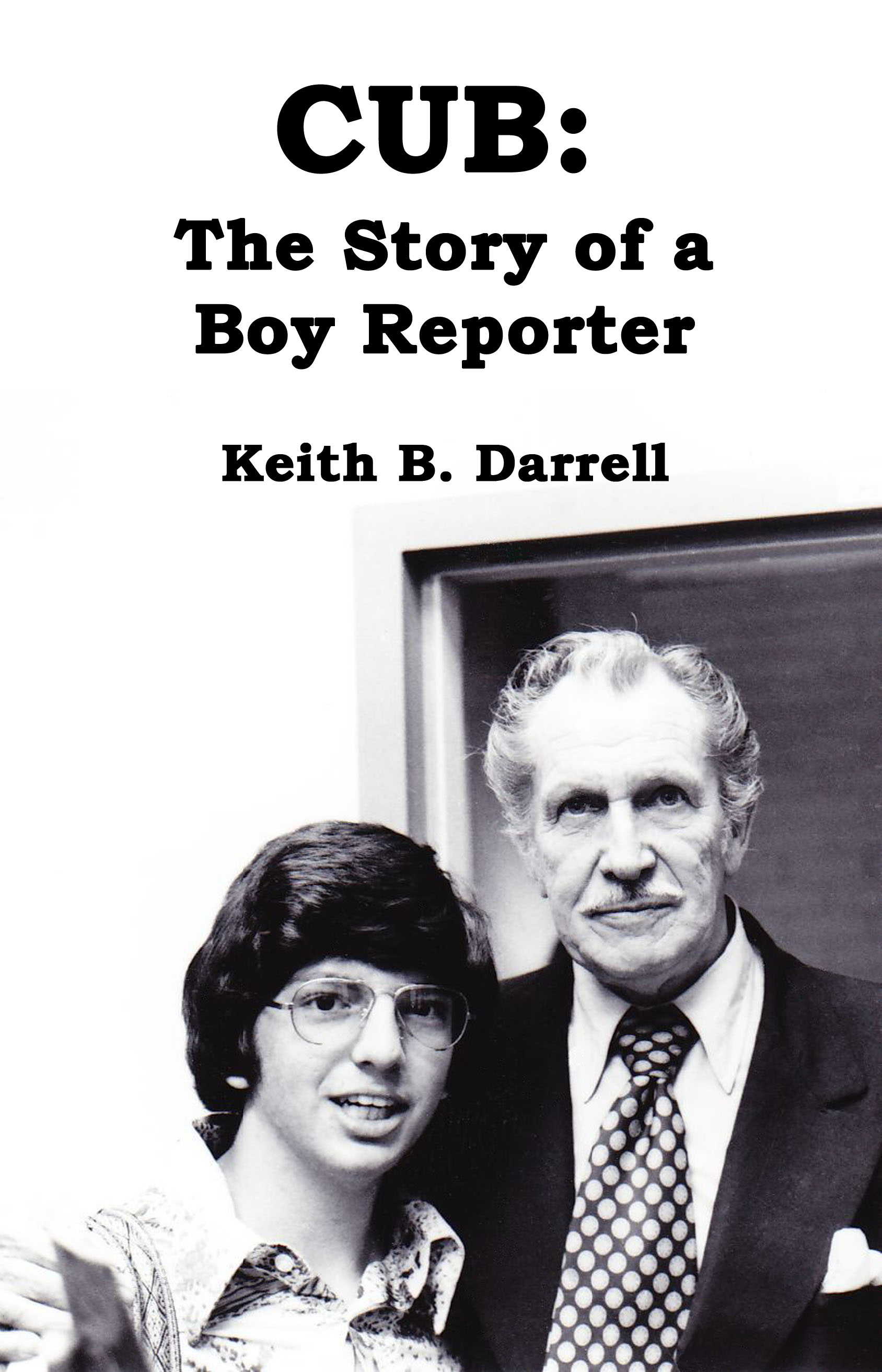
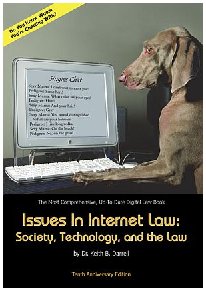
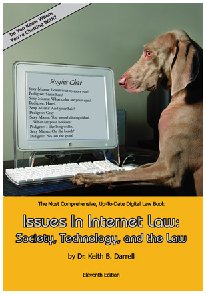
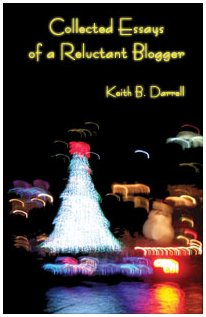
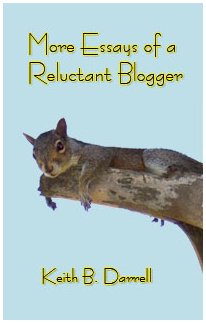
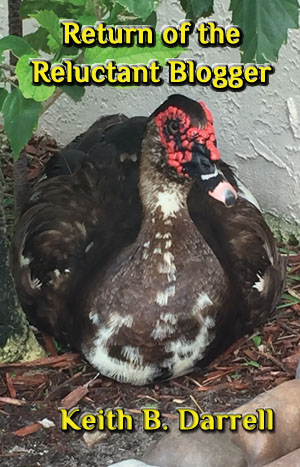
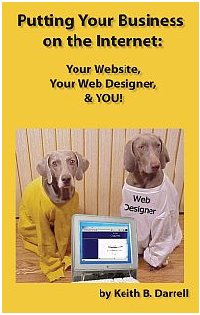
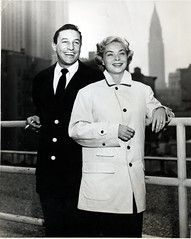
No comments:
Post a Comment